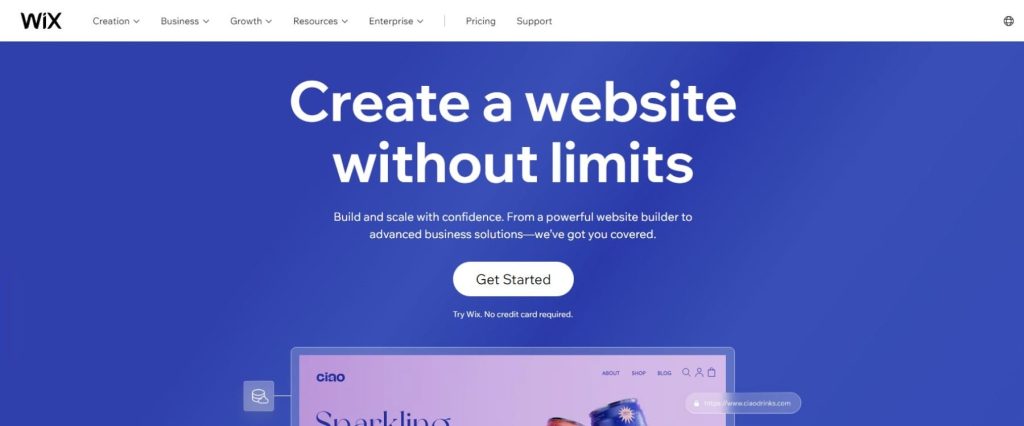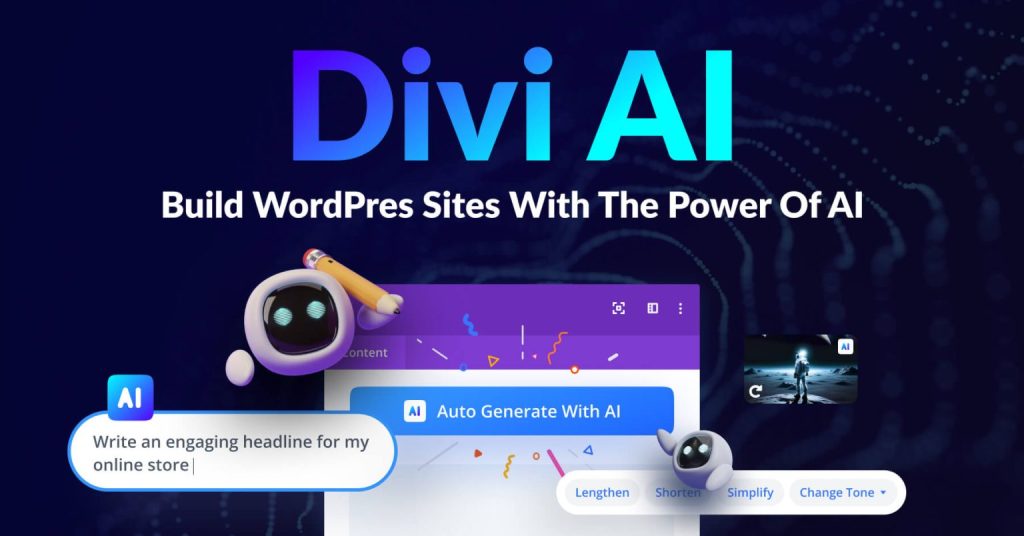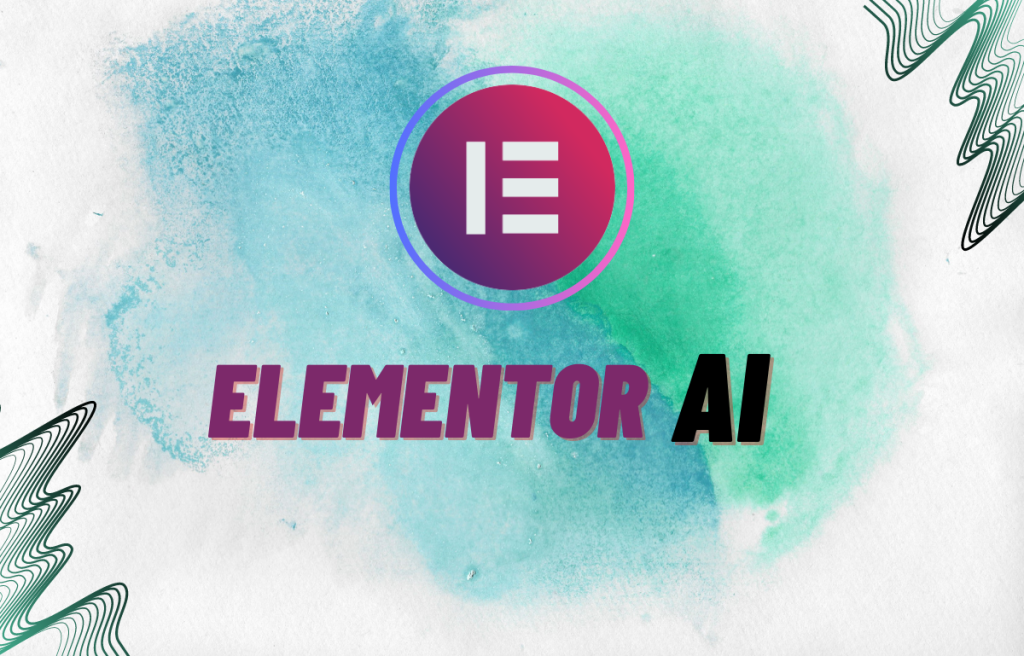In today’s digital age, web design is not merely about aesthetics; it’s a dynamic blend of aesthetics, functionality, and user experience. As the internet continues to evolve, so do the expectations of users. AIn the field of web design, artificial intelligence (AI) has become a transformational force, bringing creative ways to improve user interactions and speed up the design process. In this article, we explore the profound impact of AI on web design and how it’s shaping the future of online experiences.
Understanding AI in Web Design
Artificial Intelligence refers to the simulation of human intelligence processes by machines, particularly computer systems. In the context of web design, AI encompasses a range of technologies and techniques aimed at improving various aspects of the design and development process.
1. Personalized User Experiences: AI-powered algorithms analyze user behavior, preferences, and demographics to deliver personalized content and recommendations. This enables websites to provide tailored experiences for individual users, increasing engagement and satisfaction.
2. Responsive Design: AI algorithms can automatically adapt website layouts and content based on the user’s device, screen size, and orientation. This ensures a consistent and user-friendly experience across various platforms, from desktop to mobile.
3. Content Generation: AI-driven tools can generate written content, such as product descriptions, blog posts, and news articles. While these tools are still evolving, they can save time and resources for web designers and content creators.
4. Chatbots and Virtual Assistants: AI-powered chatbots and virtual assistants offer real-time customer support and assistance on websites. They can answer questions, provide recommendations, and guide users through various processes.
5. Automated Testing: AI can streamline the quality assurance process by automating testing and identifying issues or bugs in web applications. This ensures a smoother and more reliable user experience.
6. Data Analysis: AI can process vast amounts of data to uncover insights about user behavior and preferences. This data-driven approach allows designers to make informed decisions about design and content strategy.
Benefits of AI in Web Design
The integration of AI into web design offers numerous benefits:
1. Enhanced User Engagement: Personalized experiences and recommendations keep users engaged and returning to the website.
2. Efficiency: AI automates repetitive tasks, such as content generation and testing, freeing up designers to focus on creativity and innovation.
3. Improved Conversion Rates: AI-driven chatbots can guide users through the sales funnel, increasing conversion rates and revenue.
4. Cost Savings: AI tools can reduce the costs associated with content creation, maintenance, and customer support.
Challenges and Considerations
While AI holds immense potential in web design, it’s not without challenges and ethical considerations. Some of these include:
1. Data Privacy: Collecting and utilizing user data for personalization must be done responsibly and in compliance with data privacy regulations.
2. Ethical Use: The use of AI in generating content raises questions about authenticity and plagiarism, necessitating ethical guidelines.
3. Overreliance: Designers should avoid overreliance on AI and ensure that the human touch and creativity remain integral to the design process.
Take a look at some of the AI that can be used with web design








Conclusion
The merging of AI with web design offers a bright future for the digital world. Websites will become smarter, more responsive, and better at providing customized experiences as AI technologies continue to advance.
However, it’s essential to strike a balance between automation and human creativity, ensuring that AI enhances, rather than replaces, the artistry of web design.
By embracing AI as a powerful tool, designers can usher in a new era of web experiences that cater to the diverse needs and expectations of users in an ever-changing digital world.